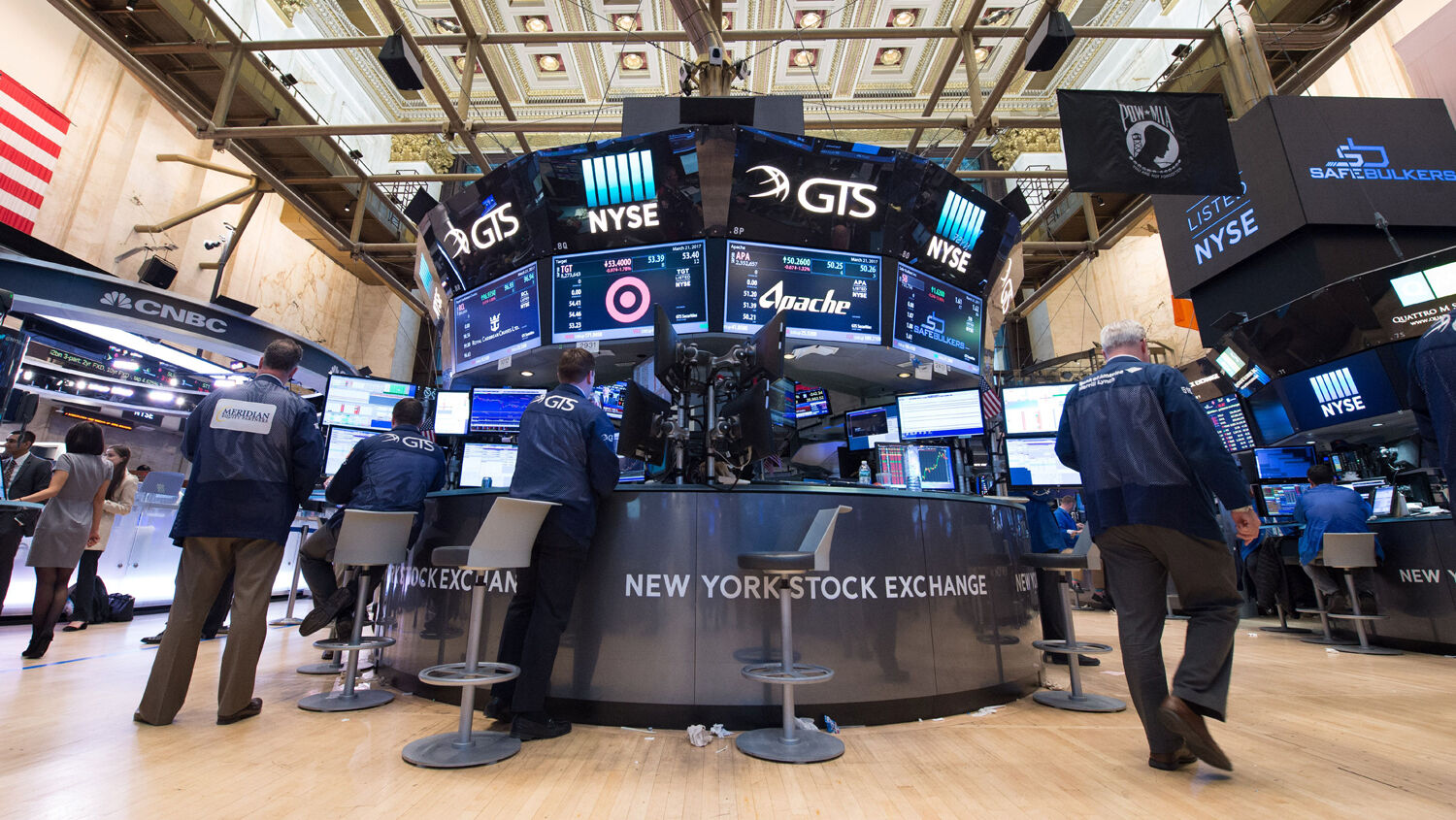
Is the Trump Economic Rally Over?
Stocks dipped lower today after the worst day of the year on Tuesday. Yesterday, Standard & Poor’s 500 Index fell more than 1 percent for the first time since October 11 of last year. The Dow Jones industrial average also had its biggest loss since September 13 last year.
The stock market experienced a nearly uninterrupted rise and 10 percent gain since Donald Trump’s presidential victory in November. However, Congress’s fight over the president’s health-care bill and the resulting uncertainty regarding his economic agenda have caused the markets to react with their first big down day.
“There are some concerns over the ability of the Trump administration to push its growth-oriented initiatives while bogged down on health care,” Bill Hornbarger, chief investment officer at Moneta Group, told USA Today.
The down day was expected.
The Telegraph polled global fund managers and found that a net 81 percent, an all-time high, think Wall Street is overvalued. Yet fund managers are not panicking but still investing aggressively, hoping that any correction in the markets is still far off or that they can sell before a crash occurs.
The Telegraph reported that funds are “hanging on to their overweight U.S. positions for now, either constrained by the need to place money somewhere or because they consider themselves agile enough to exit the market just in time.”
The markets are not only concerned about President Trump’s ability to pass his legislation, they are also worried about rising interest rates. Central banks around the world are expected to continue to raise rates this year. The U.S. Federal Reserve increased its benchmark interest rates a quarter point on March 15, the second raise in three months.
The Fed uses the interest rate to manipulate the cost of borrowing money to either slow down or speed up economic activity. Raising rates typically slows down economic growth by making it more expensive to borrow money.
Fund managers are betting on when the rate increases will cause a big market correction.
The ups and downs of a market may seem typical and ongoing, but can the economy handle rate increases? Will the market always go on? Trumpet contributor Robert Morley tackled this question in his article “Can Janet Yellen Save the Economy?”
As the Trumpet has reported, the U.S. economy is in a fragile state, and this stock market bump is a symptom.
Just as importantly, the Trumpet has reported on the fragile state of America’s personal finances. On Monday, the New York Fed released results of a survey of American consumers. It found that about one third of consumers say they would have trouble coming up with an emergency $2,000. Even in an economy where the unemployment rate has been driven down to 4.7 percent, Americans still perceive themselves as financially vulnerable.
Do you see yourself as financially vulnerable? Do the fluctuations of the stock market worry you excessively? If so, read our free booklet Solve Your Money Troubles! to get the help you need as the American economy faces severe headwinds.
